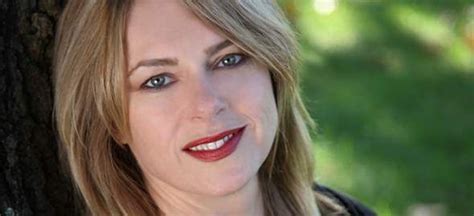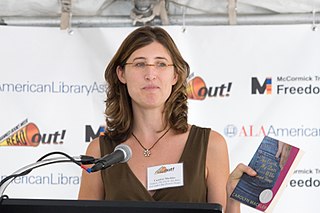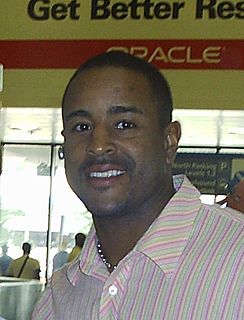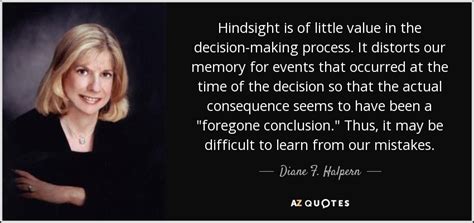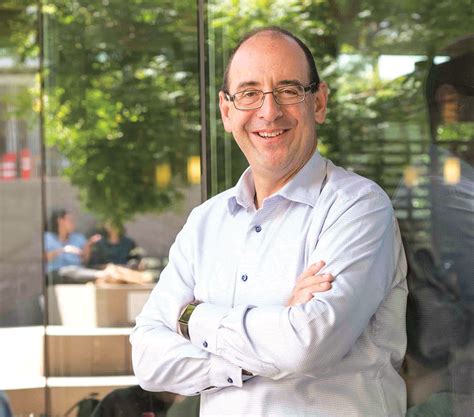A Quote by Thomas Merton
Our whole life is a meditation of our last decision - the only decision that matters.
Related Quotes
We feel that our actions are voluntary when they follow a decision and involuntary when they happen without decision. But if a decision itself were voluntary every decision would have to be preceded by a decision to decide - An infinite regression which fortunately does not occur. Oddly enough, if we had to decide to decide, we would not be free to decide
When making a decision of minor importance, I have always found it advantageous to consider all the pros and cons. In vital matters, however, such as the choice of a mate or a profession, the decision should come from the unconscious, from somewhere within ourselves. In the important decisions of personal life, we should be governed, I think, by the deep inner needs of our nature.
Our marriage, like many others, has had its ups and its downs. It took a lot of work and a whole lot of therapy to get to a place where I could forgive Anthony. It was not an easy choice in any way. But I made the decision that it was worth staying in this marriage. That was a decision I made for me, for our son and for our family.
Theoretically, we Mennonites do not even know what we look like, since a focus on our personal appearance is vainglorious. Our antipathy to vainglory explains the decision of many of us to wear those frumpy skirts and the little doilies on our heads, a decision we must have arrived at only by collectively determining not to notice what we had put on that morning.
It is often by a trivial, even an anecdotal decision, that we direct our activities into a certain channel, and thus determine which of the potential expressions of our individuality become manifest. Usually we know nothing of the ultimate orientation or of the outlet toward which we travel, and the stream sweeps us to a formula of life from which there is no returning. Every decision is like a murder, and our march forward is over the stillborn bodies of all our possible selves that will never be.
It is only through meditation that we can get lasting peace, divine peace. If we meditate soulfully in the morning and receive peace for only one minute, that one minute of peace will permeate our whole day. And when we have a meditation of the highest order, then we really get abiding peace, light and delight. We need meditation because we want to grow in light and fulfill ourselves in light. If this is our aspiration, if this is our thirst, then meditation is the only way.
Once we have a sense of how long a decision should take, we generally should delay the moment of decision until the last possible instant. If we have an hour, we should wait 59 minutes before responding. If we have a year, we should wait 364 days. Even if we have just half a second, we should wait as long as we possibly can ... Life might be a race against time but it is enriched when we rise above our instincts and stop the clock to process and understand what we are doing and why. A wise decision requires reflection, and reflection requires a pause.





